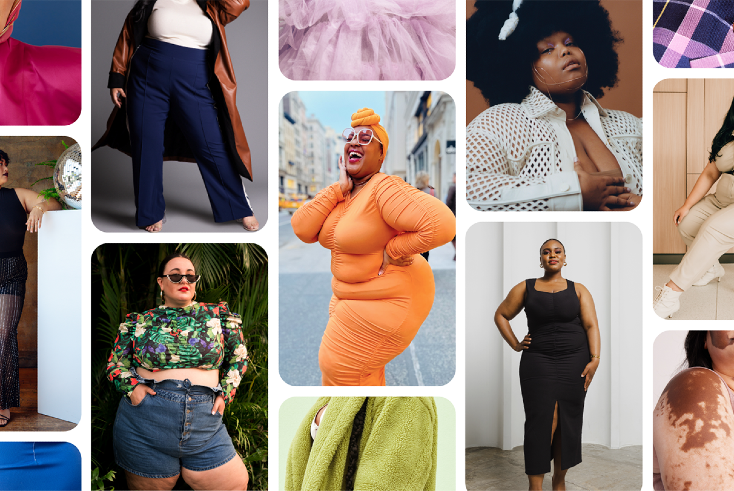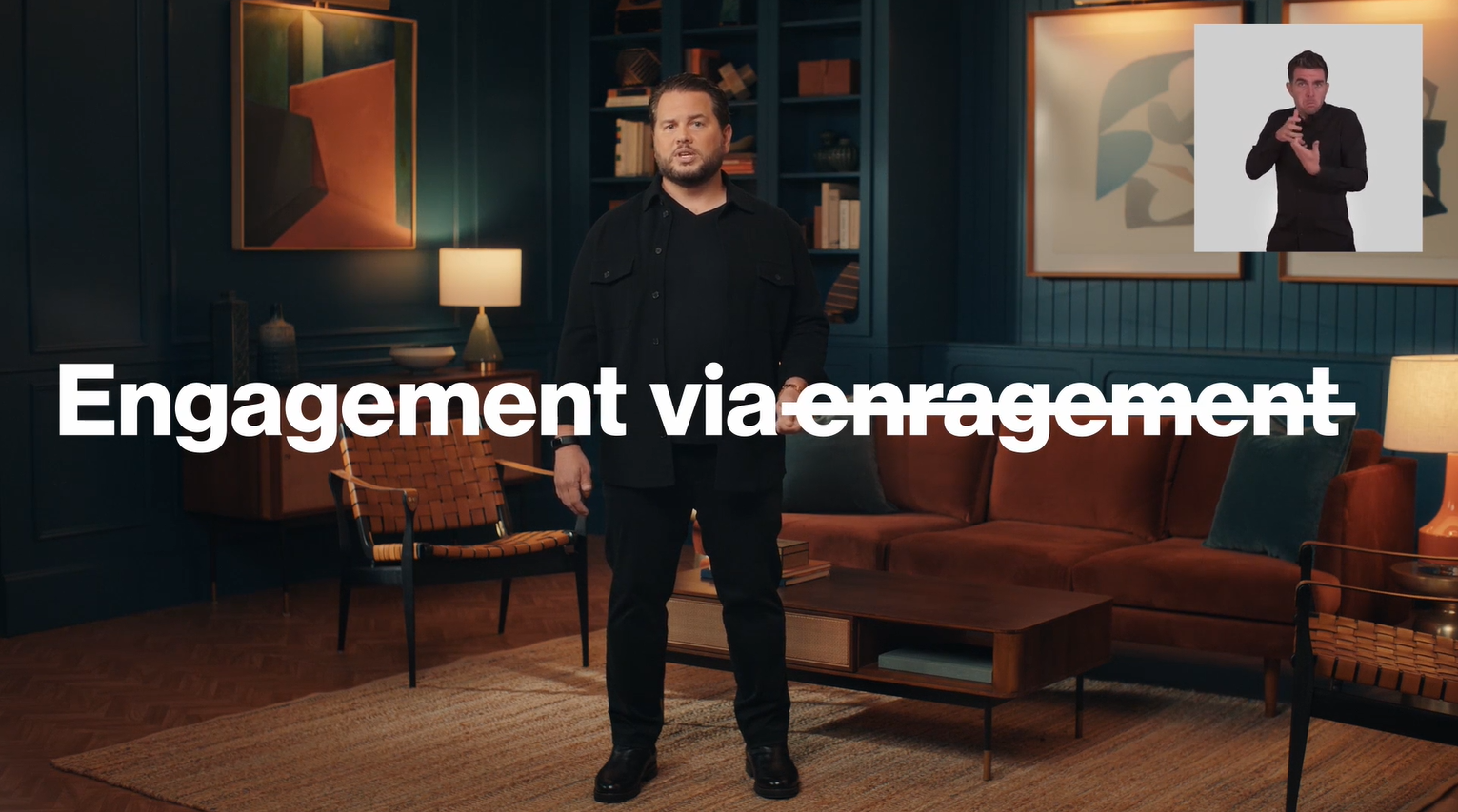Pinterest stakes its business on solving mental health crisis

Pinterest CEO Bill Ready has committed the social media company to creating a more inclusive and positive online environment, and urged advertisers to refrain from spending with them if they fail to deliver on their promise.
In a recorded video for Pinterest’s annual global advertiser summit, ‘Pinterest Presents,’ Ready referred to the US Surgeon General’s May advisory that social media use has adverse effects on youth mental health. “It does not have to be this way,” he said.
In June, Pinterest announced its Inspired Internet Pledge. Through it, the company is committing to work with the Digital Wellness Lab at Boston Children’s Hospital to “inspire emotional wellbeing” by tuning its algorithms to display content based on conscious, positive actions like Saves, rather than subconscious actions like views. Pinterest further partnered with UC Berkeley’s Greater Good Science Centre to test the impact of the changes.
“We’re committed to building a more inspiring, inclusive internet, while also actively measuring the impact of our design choices along the way,” said Ready.
He continued, “The people and the companies that fund the internet are the ones who can fundamentally change it. This industry needs accountability, so start with us at Pinterest. If we don’t come through with this pledge, if we don’t keep our promises, don’t advertise with us.”

Pinterest CEO Bill Ready at ‘Pinterest Presents’.
Analysis: Pinterest wants to be the Good Guy of the internet. Do advertisers care?
It’s rare to see a tech or social media leader actively telling advertisers to refrain from advertising with their company, but Pinterest is staking its claim as a positive force for digital media, and has been taking steps in recent years to back up its rhetoric with action.
Examples of changes the platform has made in recent years include creating inclusive beauty filters, tuning search results to promote diversity, and creating a recently-introduced body type AI, which similarly hopes to make more users feel represented on the platform.
The company also claimed a digital platform first by clearly defining guidelines against climate change misinformation across its content and advertisements in 2022.
That said, bold claims require scrutiny. Though Pinterest says it’s committed to testing the impact of its changes, Ready does not outline a clear way for advertisers to measure their success. Tweaks to algorithms and improved representation may create positive shifts, but at what point do they make sufficient change to people’s wellbeing?
Similarly, advertisers and brands like to talk a big game on mental health, but don’t necessarily put their money where their mouth is. Case in point, X (formerly Twitter), which is taking the diametrically opposite stance of Pinterest by allowing for more hateful (“free”) speech on its site, still retains advertising from major brands, including other tech companies like Apple and Amazon. Though adspend on X has dropped 60% since Elon Musk took the reins, it’s not unfair to ask: how do they still have 40% when its owner is openly embracing antisemitic rhetoric, among a host of other concerns.
Advertisers tend to follow crowds to reach people where they are. So, while it’s clear that Pinterest is looking to position itself as a genuine and authentic internet Good Guy through its rhetoric (and admittedly, some actions), and their invitation for scrutiny is welcome, advertisers ultimately need to demonstrate they care about intangibles beyond reach and audience size when it comes to social media.




